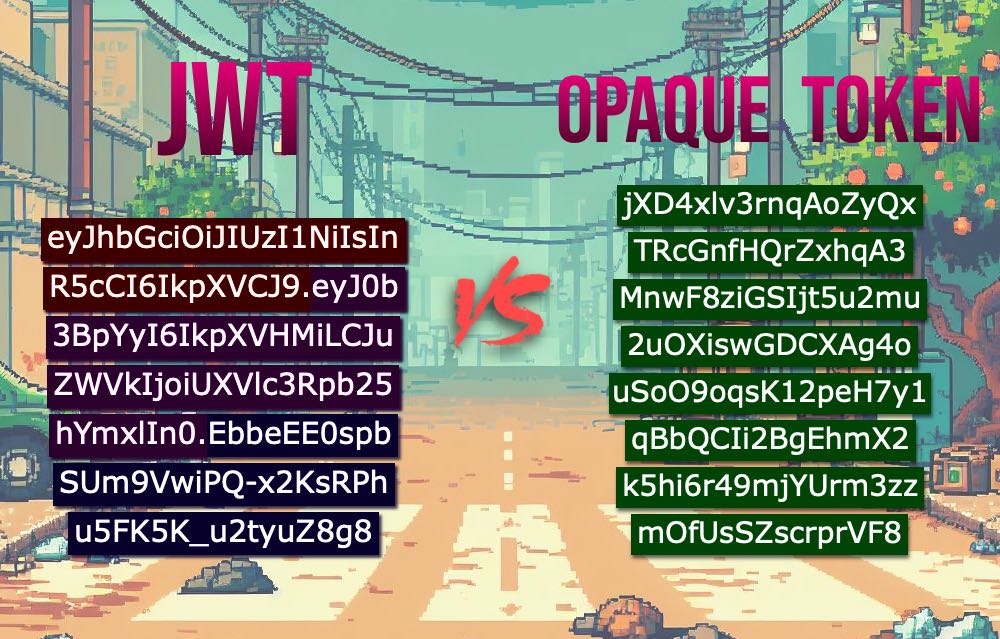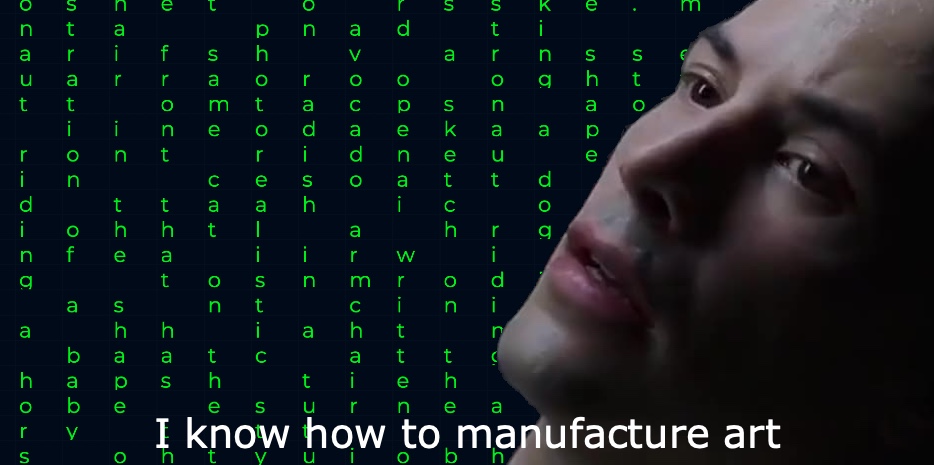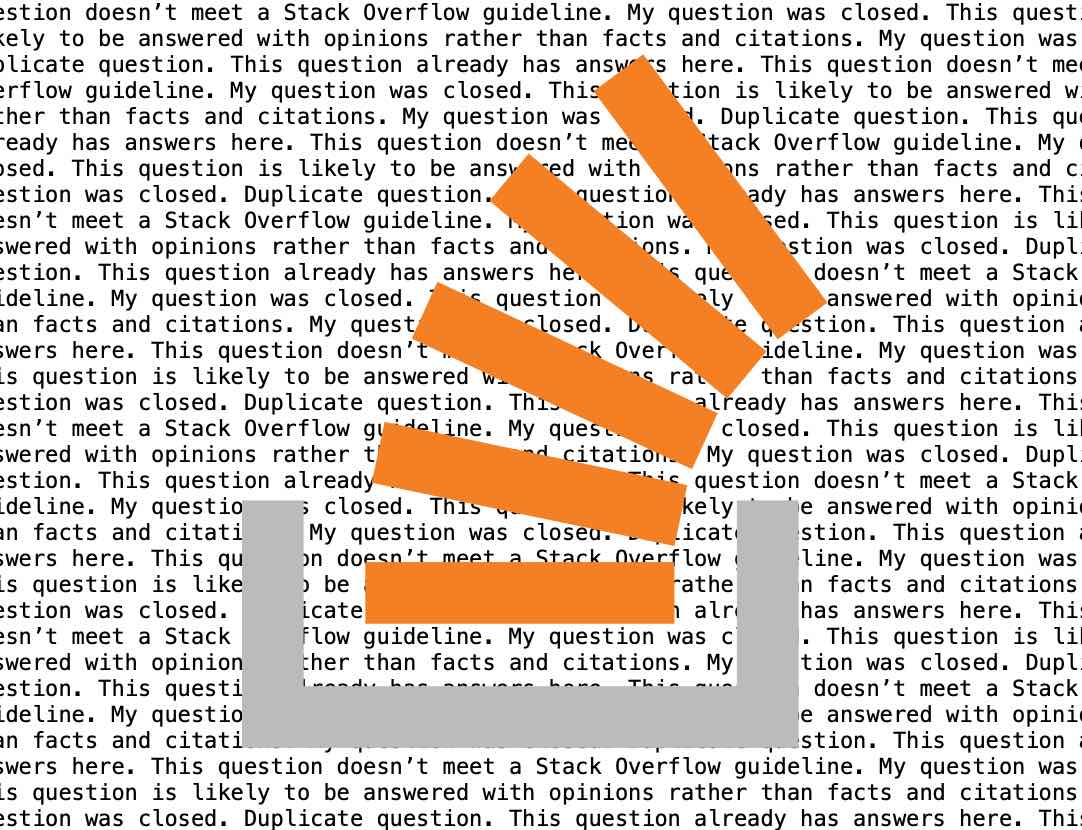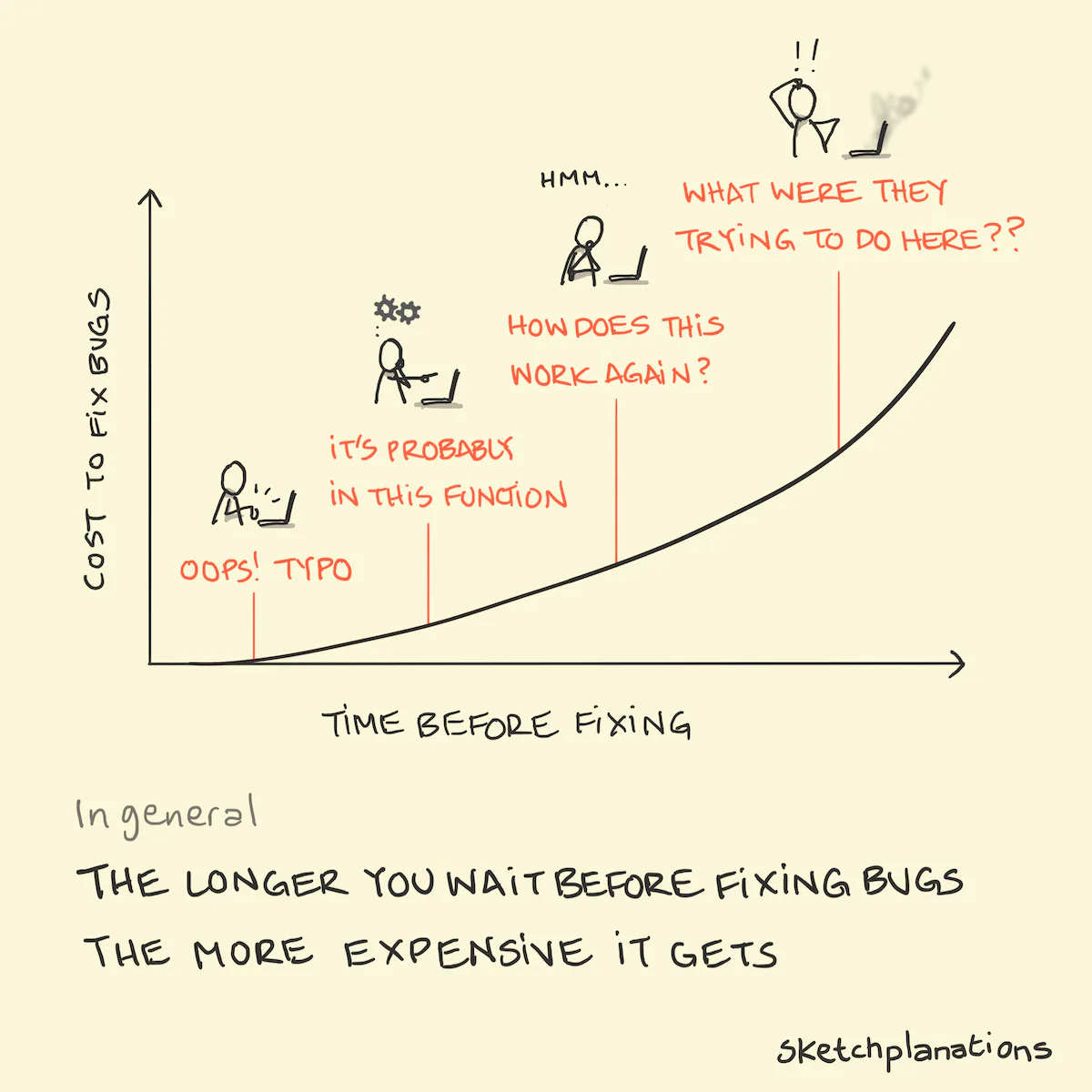Do I Need JWTs?

Whenever people ask me about JWTs and stateless auth, which has happened twice, I answer: No, No, Maybe.
Profession by Isaac Asimov and ChatGPT

Sometimes science fiction gives a peek into a possible future. Not enough people are talking about this old classic short story Profession by Isaac Asimov, and what it can teach us about our AI-and-prompt-engineering-powered future.
Stack Overflow is documentation, not Q&A, and that’s bad

Stack Overflow should not discourage repetitive answers. It’s a sign of a healthy community.
A Diverse Engineering Team Means You Stop Losing Money

Lets pretend this is all fictional and not at all based on a real story I can’t talk about.
Scrum Answers the Question of How Many Meetings Should I Have

SCRUM does a lot of things wrong, and lot of things it does right is mystifying. But one thing that it does very right is it answers the question of how many meetings to have. The answer is about 3 hours a week.